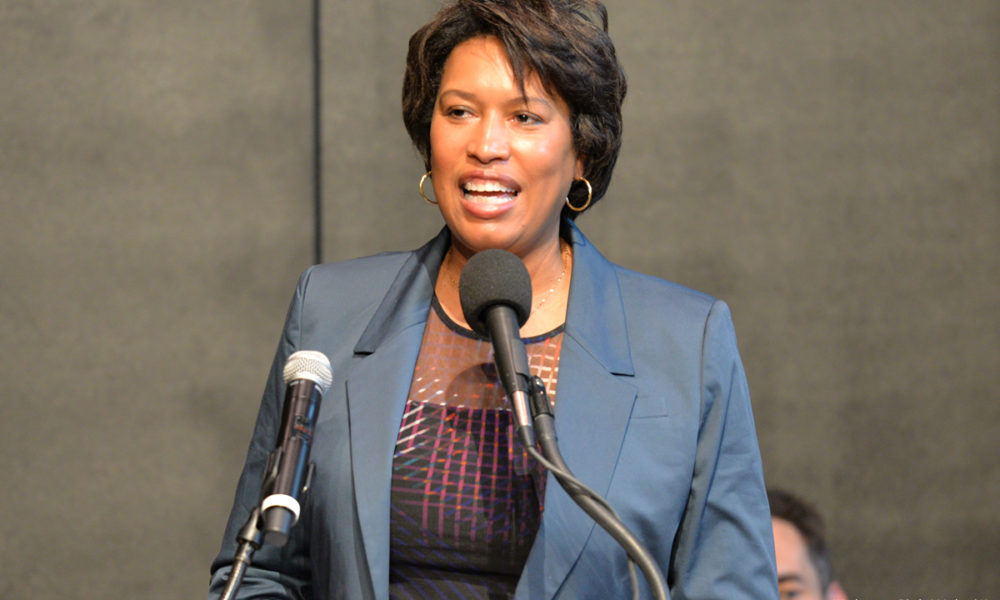
As of June 16th, 2,166 cases of monkeypox have been recorded globally, spanning 37 countries, including places where it is not usually seen. The United States currently has 100 recorded cases of monkeypox — California, New York, and Illinois are hot spots with 21, 17, and 13 cases respectively.
Infections are currently concentrated in Europe: the U.K. has reported 524 cases, and Spain, Germany, Portugal, and France have reported 313,303, 241, and 183 cases respectively. Many of the infections in Europe and the Americas can be traced back to LGBTQ+ events where men gathered — specifically a LGBTQ+ fetish festival in Belgium and a gay pride event in the Canary Islands.
No deaths have been reported, and most monkeypox cases are mild — symptoms include rashes, initial flu-like symptoms, and lesions or sores.
According to the CDC’s latest report, most of the reported cases have occurred in men who have sex with men, but monkeypox can be transmitted to anyone who has had close skin-to-skin contact with an infected person.
Although cases are currently concentrated in gay and bisexual men, Kyle Knight, senior LGBT and health researcher at Human Rights Watch, stressed the importance of managing the outbreak without stigmatizing gay men — or deepening the divide between wealthy and poor countries.
“Whether it’s lessons drawn from HIV, Covid-19, or other public health issues, it is essential to place human rights at the center of the response to infectious disease outbreaks,” Knight said, in a statement.
In an email to the Blade, Dr. Sarah Henn, Chief Health Officer for Whitman-Walker Health, reiterated the need to spread awareness of monkeypox within the LGBTQ+ community while simultaneously eradicating stigma.
“When dealing with an outbreak of any infection it is important to recognize risk factors for infection and specific communities where the infection is being seen. This must be done without stigmatizing those affected. This is the delicate balance that public health authorities are currently trying to walk with the outbreak of monkeypox. There is nothing intrinsic to the monkeypox virus that makes it a sexually transmitted infection, but it is transmitted by close skin to skin contact with the pox lesions, which obviously sexual intimacy involves,” she said.
“People in the queer community need to know what to look for and understand what the potential risks are to their own health. We want to empower the community to help control the outbreak and protect themselves from possible infection without creating stigma or unnecessary fear.”
In addition to its prevalence among gay and bisexual men, monkeypox has a history of unequal treatment options in poorer countries. While some wealthy countries have stockpiles of the smallpox vaccine leftover from when the disease was eradicated in the 1980s, the vaccine — which is effective against monkeypox — is currently unavailable on the entire continent of Africa, where monkeypox is an endemic disease.
Dr. Matshidiso Moeti, World Health Organization, (WHO) regional director for Africa, advocated for a unified global approach that includes vaccine equity.
“We must avoid having two different responses to monkeypox – one for Western countries which are only now experiencing significant transmission and another for Africa,” Moeti said. “We must work together and have joined-up global actions which include Africa’s experience, expertise and needs.”
In countries such as the U.S. and Canada, “ring vaccinations” are being used to prevent outbreaks, in which close contacts of infected people are given a smallpox vaccine within four days of exposure. This approach prevents serious infection and reduces the risk of further spread, but in places where smallpox vaccines are not readily available, it is not an option.
In Chicago, where the state of Illinois’s monkeypox cases are concentrated, officials are also focusing on providing information about prevention and safer sex to gay and bisexual men. With the San Francisco and New York Prides happening next weekend — the country’s two largest — the future of monkeypox outbreaks in the U.S. appears uncertain.
Guidance from the Chicago Department of Public Health encourages people attending “festivals or other summer events” to be mindful of skin-to-skin contact, get tested for monkeypox if exposed, and monitor for symptoms after exposure. Additionally, the CDPH has printed cards with links to the CDC health tips for gay and bisexual men, for organizers to hand out at events.
In Washington D.C., the outbreak is currently smaller — four cases to Chicago’s seven — but officials are still taking preventative measures to diagnose and treat the illness.
“As of today, 4 cases of monkeypox have been diagnosed within the District of Columbia,” Dr. Henn said. “We are working closely with DC Health to screen people for monkeypox who are presenting with rashes that could possibly represent infection and have been coordinating with the city around vaccination of those who have been exposed to a diagnosed case.”








